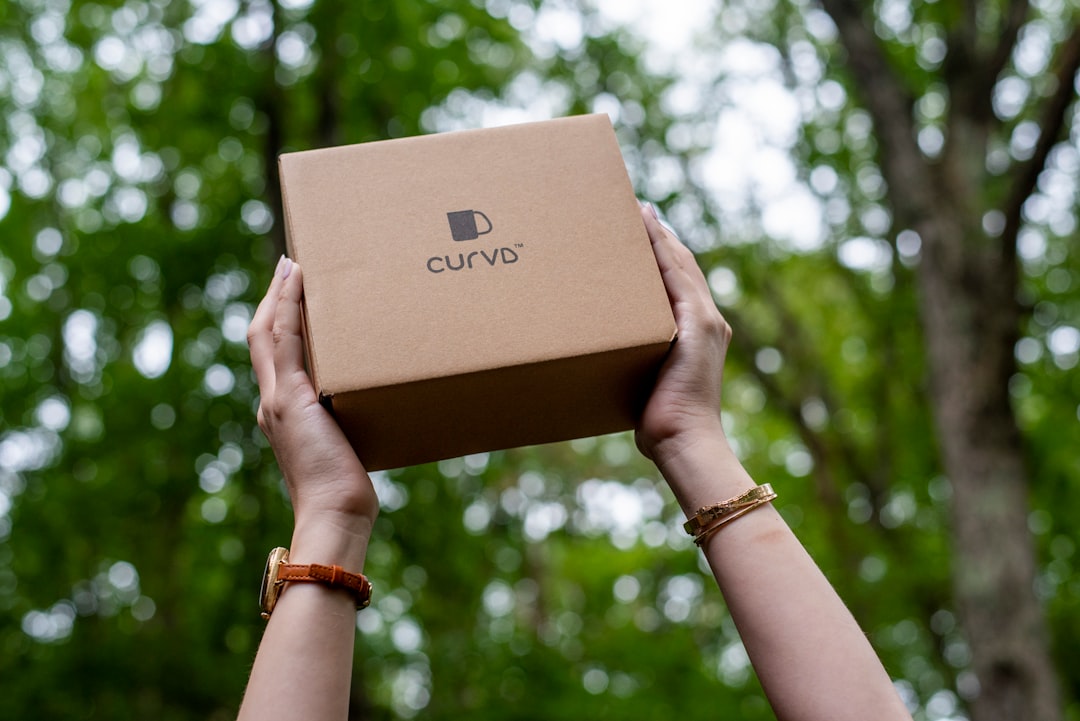In today’s global market, sustainability has moved from a niche concern to a mainstream expectation. Businesses across industries are rethinking how their products are packaged to align with environmental goals and consumer values. According to recent studies, over 70% of consumers prefer to purchase from brands that use sustainable packaging. For companies seeking cost-effective and eco-friendly solutions, SunTop Printing & Packaging offers advanced green printing and packaging services that balance quality with environmental responsibility.
One of the most influential eco packaging trends today is the shift toward biodegradable and compostable materials. These materials are designed to naturally decompose, minimizing long-term pollution. Plant-based plastics, paper fibers, and even mushroom mycelium are replacing traditional petroleum-based options. Compostable materials, in particular, are gaining attention as they can be processed into nutrient-rich soil, closing the loop of production and disposal.
Equally important is the growing adoption of recycled content packaging. More manufacturers now rely on recycled paper, cardboard, and post-consumer plastics to produce new packaging materials. This approach not only cuts down on virgin resource consumption but also lowers energy use and greenhouse gas emissions. Recycled packaging can maintain excellent print quality, making it suitable for both luxury and everyday product lines.
Another emerging innovation is seaweed-based and bio-resin packaging. Seaweed is a fast-growing, renewable resource that requires no agricultural inputs such as land or fresh water. Packaging made from seaweed not only decomposes naturally but also has antimicrobial properties, which extend product shelf life. Forward-thinking companies in the food and cosmetic sectors are already piloting this material as a fully compostable alternative.
A fourth major trend is the rise of reusable and returnable packaging systems. Instead of single-use formats, brands are exploring glass jars, aluminum containers, and durable pouches that can be refilled multiple times. This model, often supported by deposit or return programs, fosters long-term customer engagement while significantly cutting waste. In e-commerce, reusable shipping boxes are also beginning to replace disposable cartons, offering both sustainability and branding benefits.
Beyond materials, digital printing and on-demand packaging production are reshaping sustainability in the print industry. By producing only what is needed and using water-based inks certified by international environmental standards, companies can reduce inventory waste and carbon emissions throughout the supply chain.
As global brands and consumers continue to prioritize environmental impact, these eco packaging innovations are setting new benchmarks for the industry. Businesses that integrate sustainability into their packaging strategies are not only reducing waste but also strengthening their brand reputation and customer loyalty.
Eco packaging is no longer just a trend—it’s a transformation in how products are conceived, produced, and delivered. Companies that embrace these practices today will be better positioned to meet tomorrow’s regulatory and consumer expectations, creating long-term value through responsible innovation.

